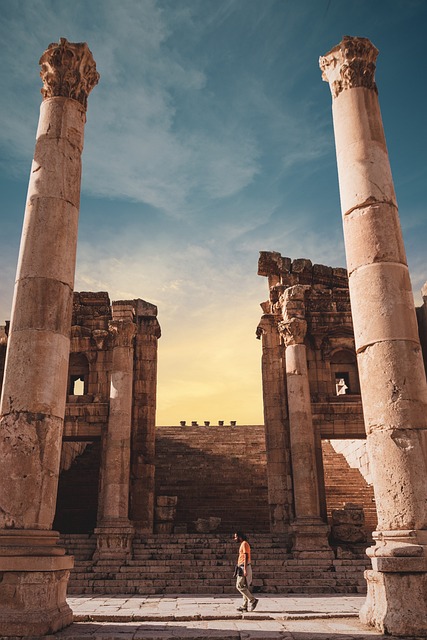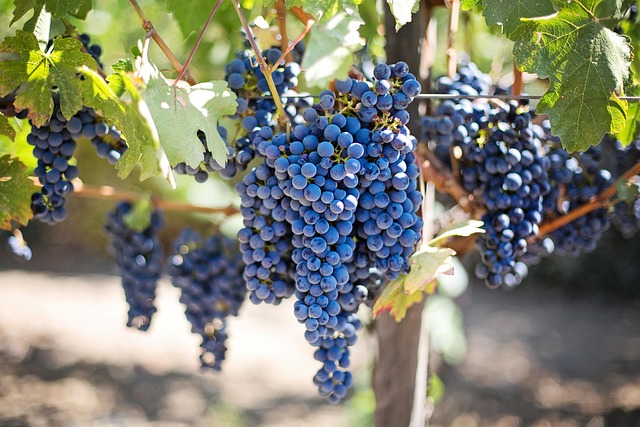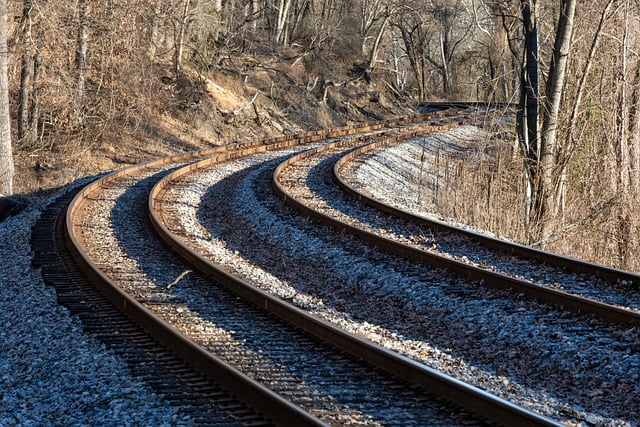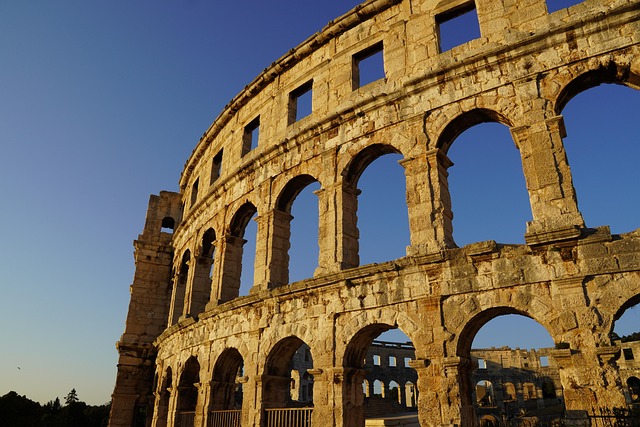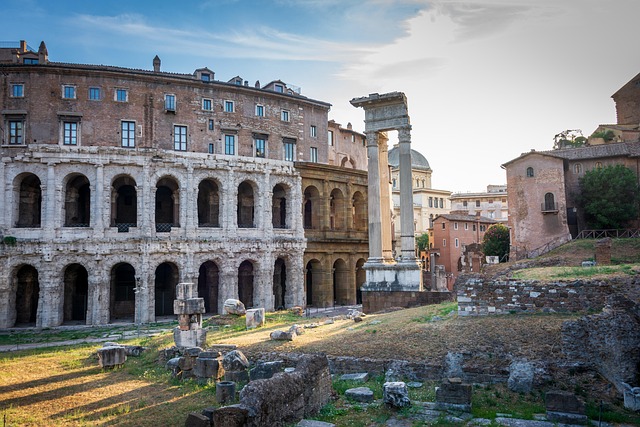Early settlers in Junction City transformed its landscape through sustainable farming practices, establishing it as a prominent agricultural hub with diverse crops and community spirit. Their efforts fostered self-sufficiency, environmental stewardship, and strong community bonds through harvest festivals, leaving a lasting legacy on Junction City's agriculture.
Discover the rich history of Junction City’s early settlers and their enduring impact on the community. This article explores how pioneers shaped the city’s agricultural landscape, from clearing the land to implementing sustainable farming practices. We delve into the tight-knit bonds formed through harvest festivals and the lasting legacy these traditions have left in Junction City agriculture today.
- Pioneers Who Shaped Junction City's Agriculture
- Early Settlers: Clearing the Land and Building Communities
- Sustainable Farming Practices of the Past
- Community Bonding Through Harvest Festivals
Pioneers Who Shaped Junction City's Agriculture
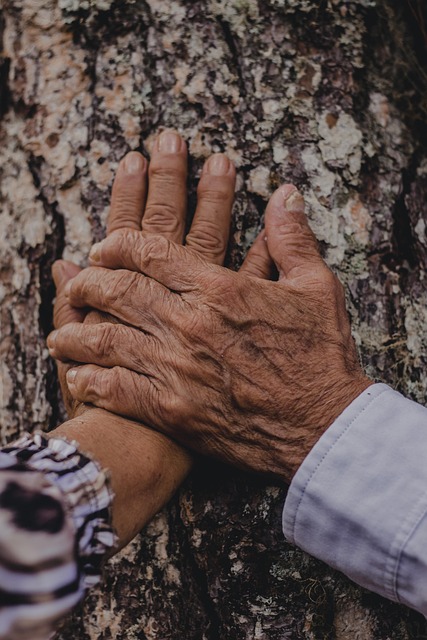
The early settlers of Junction City played a pivotal role in shaping its agricultural landscape. These pioneers, driven by the promise of fertile land and prosperous harvests, brought with them a wealth of knowledge and diverse farming techniques. They cleared forests, turned rugged terrain into fields, and established sustainable practices that laid the foundation for Junction City’s thriving agricultural industry.
Among these early adopters were families who specialized in raising livestock, cultivating crops like wheat, corn, and soybeans, and implementing innovative irrigation systems. Their hard work and dedication not only fed the growing community but also attracted more settlers, fostering a vibrant and diverse farming culture that continues to thrive in Junction City to this day.
Early Settlers: Clearing the Land and Building Communities

The journey of Junction City’s founding began with its early settlers, who were primarily drawn by the promise of fertile land and opportunities for agricultural prosperity. These pioneers, equipped with determination and a vision, embarked on the challenging task of clearing the vast wilderness that once dominated the area. They toiled tirelessly to transform the untamed terrain into productive farms, laying the groundwork for what would become a thriving agricultural hub.
As the settlers established their communities, they formed the backbone of Junction City’s identity. Their collective efforts resulted in the construction of homes, schools, and places of worship, fostering a sense of belonging and camaraderie. The fertile soils and favorable climate encouraged the growth of diverse crops, making Junction City a prominent agricultural center, where families worked together to nurture not just the land but also the vibrant tapestry of their community through the power of shared labor and collective aspirations.
Sustainable Farming Practices of the Past

In the early days of Junction City’s settlement, agriculture played a pivotal role in shaping the community’s foundation. The pioneers who first called this area home embraced sustainable farming practices that harmonized with the land. They cultivated diverse crops, utilizing rotation methods to preserve soil fertility and prevent disease. These forward-thinking farmers also implemented natural pest control strategies, avoiding harmful chemicals, and promoted biodiversity by growing a variety of plants that supported local wildlife.
The agricultural landscape of Junction City was characterized by small family farms where everyone contributed to the effort. Community gardens and shared farming ventures fostered a sense of collective ownership and self-sufficiency. These practices not only ensured a steady food supply for the residents but also left a lasting impact on the environmental stewardship that continues to influence modern Junction City agriculture.
Community Bonding Through Harvest Festivals
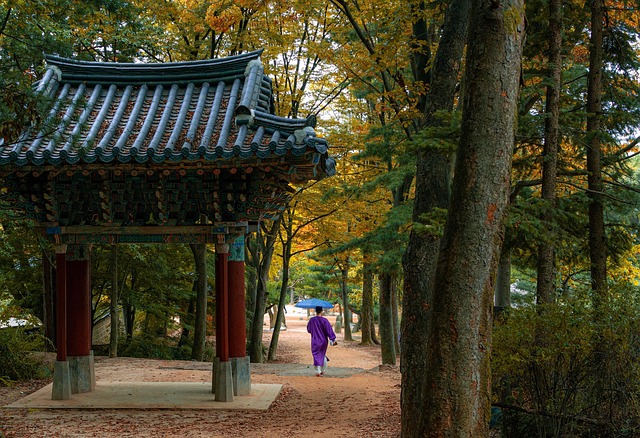
In the heart of Junction City’s early years, harvest festivals emerged as a pivotal social event, fostering a strong sense of community among its settlers. These annual celebrations were more than mere feasts; they were a testament to the collective spirit and resilience required to build a thriving agricultural society. The farmers and ranchers who formed the backbone of Junction City’s economy came together to share their bounty, marking the culmination of hard work and dedication throughout the year.
The harvest festivals became a vibrant tapestry of local culture, where neighbors bartered goods, exchanged stories, and forged deeper connections. The bustling atmosphere echoed with laughter, music, and the tantalizing aromas of homemade preserves and fresh produce. These gatherings not only strengthened bonds between families but also fostered a sense of belonging among the diverse group of settlers who called Junction City home, solidifying their shared commitment to the rich agricultural landscape that defined their community.

